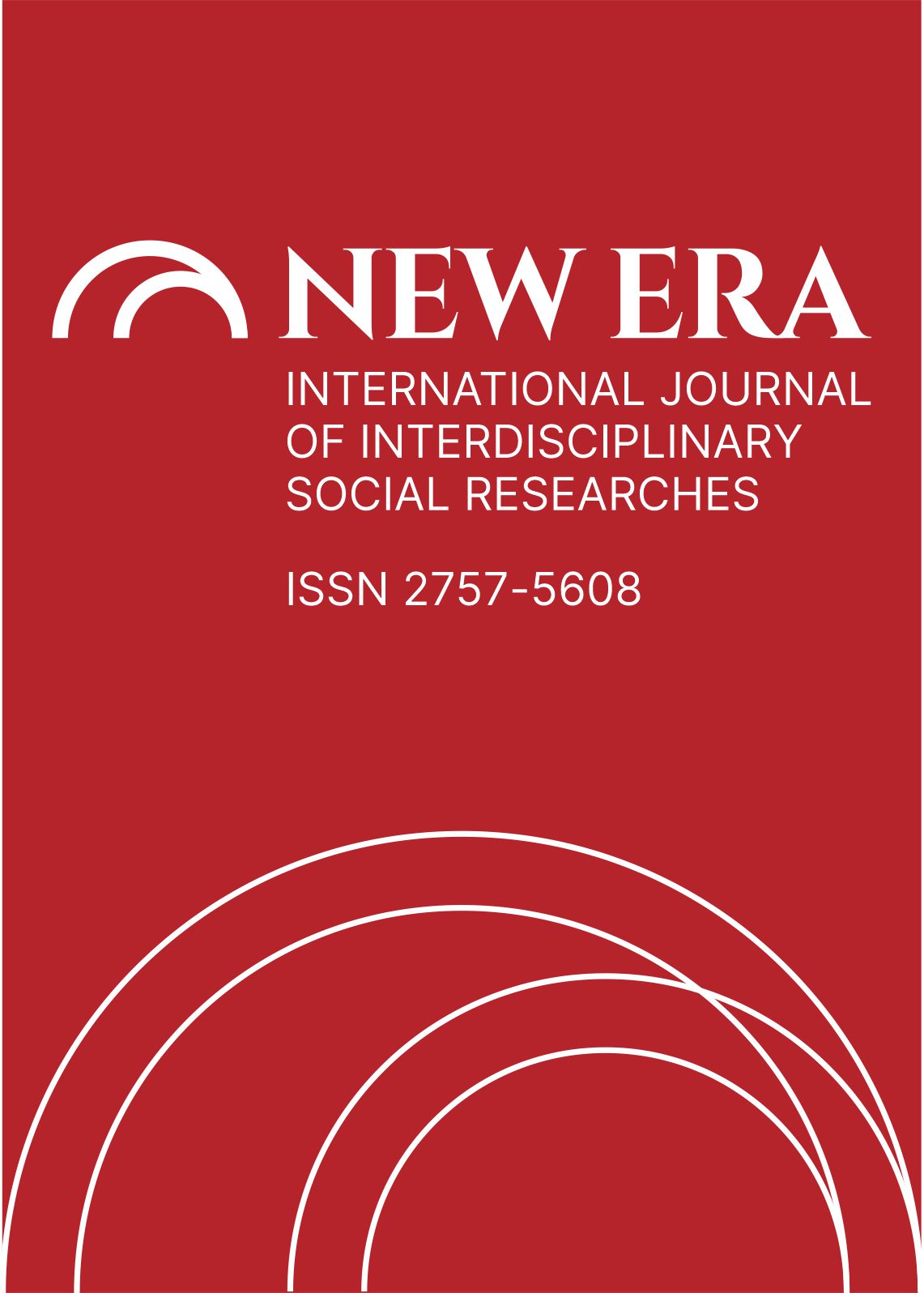INNOVATIVE KNOWLEDGE, LEADING NEW GENERATION. ALBANIAN UNIVERSITIES -STUDY CASE
DOI:
https://doi.org/10.5281/zenodo.7952599Keywords:
Leader, Activity level, 6 the events, cult of knowledge, 68 generationAbstract
The aim of this paper is figure out that the challenges posed by COVID-19 will empower the education and teacher profession and will uplift it for the growth of the Nations both economically and intellectually. Education and teaching Profession will become progressive, flexible, multidisciplinary and technology & skill-focused which will redefine learning in Albania and shape up more ethical learners.
In these challenging times, teaching as a profession has undergone a paradigm shift and so have the Methodology and Pedagogy of teaching. To keep up the pace with the changing needs of the world and modern tools of teaching, teachers are skilling, up skilling, and reskilling to remain relevant in the coming times and contribute towards building the nation. With current technological advancements, education is made easily available & accessible to the remotest local globally.
Distance learning, e-learning, multi-disciplinary learning all form new pillars of the education system, panning a great scope of professional growth for teaching aspirants. Virtual learning too has opened up multiple avenues for the teaching profession without limiting its scope of work to any geographical boundaries. This has also opened up the doors to global platforms and given multi-dimensional exposure with better earnings and better learning.
It’s hard to predict the future, not because you do not have the goal for it or the forces to achieve it but for the simple fact that the FUTURE itself is a unknown territory that you have never stepped on it.
Education, teaching is a noble profession. It may not require the same skillsets as other noble professions like being a doctor, but it is a noble vocation. For many educators, they were called into it. But with the pandemic crippling all sense of normalcy all over the world, which includes the closure, both temporarily and permanently, of many schools, the teaching profession has also suffered. And this is a profession that has long been suffering in not just during the crisis, teaching has always been one of the noblest professions, and the teachers have always been a catalyst for social and behavioral changes. Teachers by their Knowledge, wisdom, patience, etc. have nurtured the young minds and shaped their personalities and career and will play a crucial role through every life period.
With structural policy reforms, the role of teachers has a good scope to grow and foster. Other professional jobs might gain importance but teaching shall always remain a noble career which has the power to change billions of lives.
References
D. Kolb , Experimental Learning ;experience as the source of learning and development ,Prentice –Hall 1984
Davis Hammer.,”Discovery learning and discovery teaching .Cognition and instruction, learning network’’ http://www.aln.org/publication/jaln/v3n2/v3n2_pimentel.asp
Don E.Hamacheck,’’Psychology in teaching,Learning and Growing “ Allen & Bacon 1994
Collin Powell “The leadership secrets of Collin Powell ’‘pp 37 -38, published in USA 2002 by Oren Harari and R.R.Donnely)
Cattell, R. B., Cattell, A. K. S., & Cattell, H. E. P. (1994).The Sixteen Personality Factor Questionnaire(5th ed.). Cham-paign, IL: Institute for Personality and Ability Testing, Inc.
Danks J. (1995): "The psycholinguistics of reading and translation", in Basic Issues in Translation Studies. Ed. by A. Neubert, G. Shreve, & K.
Danks J., Shreve G., Fountain S. & McBeath M. (1997) (eds): Cognitive Processes in Translation and Interpreting, Thousand Oaks, SAGE Publications.
Garham A. & Oakhill J.V. (1989): "The everyday use of anaphoric expressions: implications for the mental models theory of text comprehension", in Models of Cognition: A Review of Cognitive Science. Ed. by
Gerver D. (1976): "Empirical studies of simultaneous interpretation: a review and a model", in Translation, Application and Research. Ed. by R.W. Brislin, New York, Gardner Press, pp. 165-207.
Gile, D. (1992).Basic theoretical components in interpreter and translator training. In C.Dollerup, A. Loddegaard. Teaching translation and interpretation.
Henri Giordan (1994) E/F/S Multicultural and multi-ethnic societies.
Lexicon. Ed. by R. Schreuder & B. Weltens, Amsterdam, John Benjamins, pp. 27-51. A.M.B. (1997): "The cognitive study of translation and interpretation:
Lyons, John. (1995). Linguistic Semantics. Cambridge:Cambridge University Press
Machali, Rochayah (2007). Campur Tangan Penerjemah: ‘mengkhianati’ teks asli? Makalah dalam Seminar Nasional Penerjemahan. FBS UNY Baddeley A.D. (1990): Human Memory: Theory and Practice, Hove, Lawrence Erlbaum Associates.
Meryem Y.Soylu, Buket Akkoyunlu.The effect of learning styles on achievement in different learning environment, The Turkish on line Journal of Education Technology
Piaget.J “The psychology of the child” New York, Basic book (1972
Richard R.Hake .,Interactive –engagement vs traditional methods: A six-thousand survey of mechanics test data for introductory physics courses, American Journal of Physics Vol.6 pp 64-74.1998
Spellings M., “A strategic vision for higher education “ Presidency .Vol 8.No 2 pp(22-26) .publishing year 2005
Downloads
Published
How to Cite
Issue
Section
License
Copyright (c) 2023 NEW ERA INTERNATIONAL JOURNAL OF INTERDISCIPLINARY SOCIAL RESEARCHES

This work is licensed under a Creative Commons Attribution-NonCommercial 4.0 International License.


